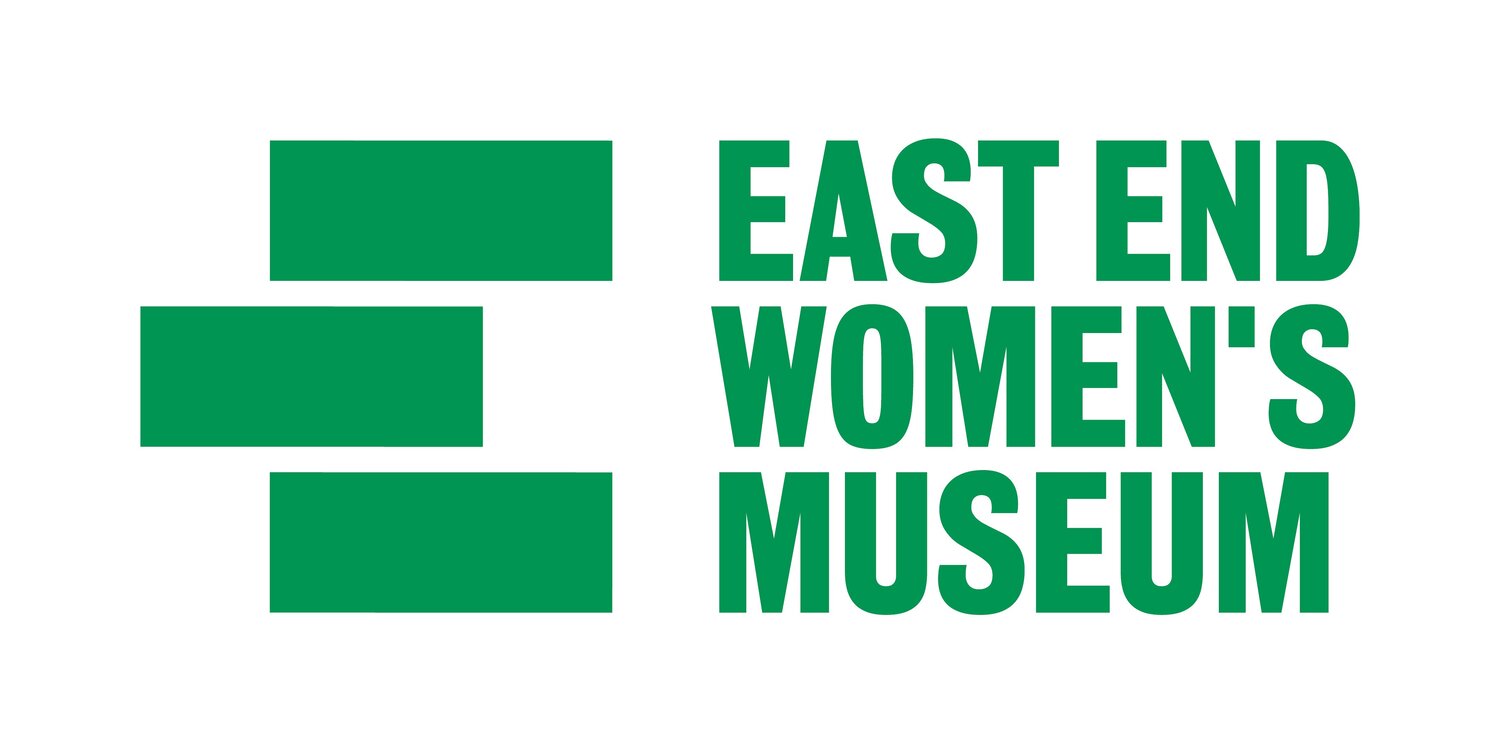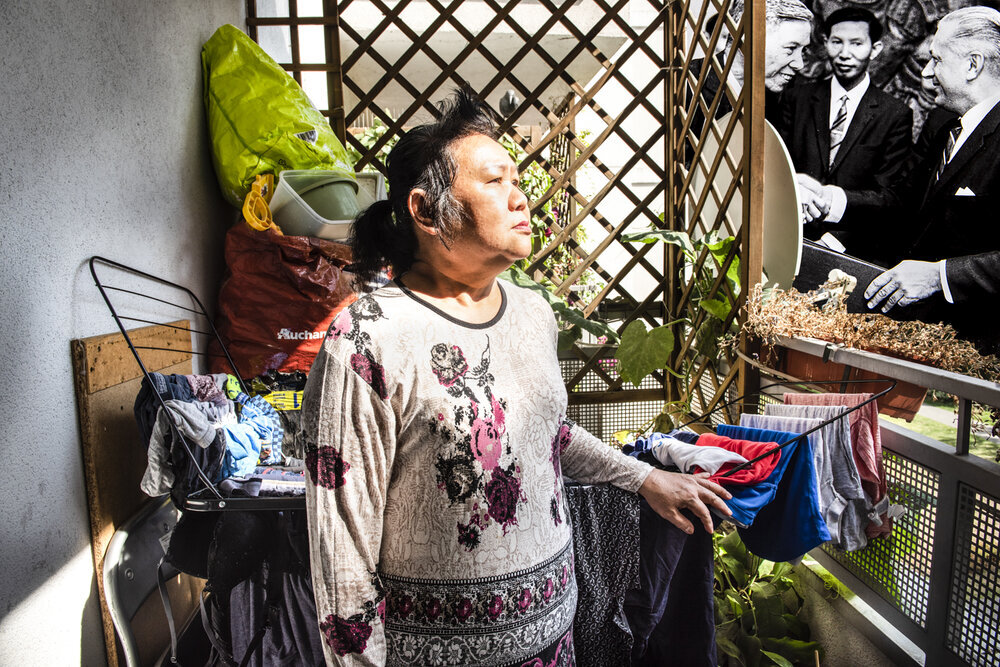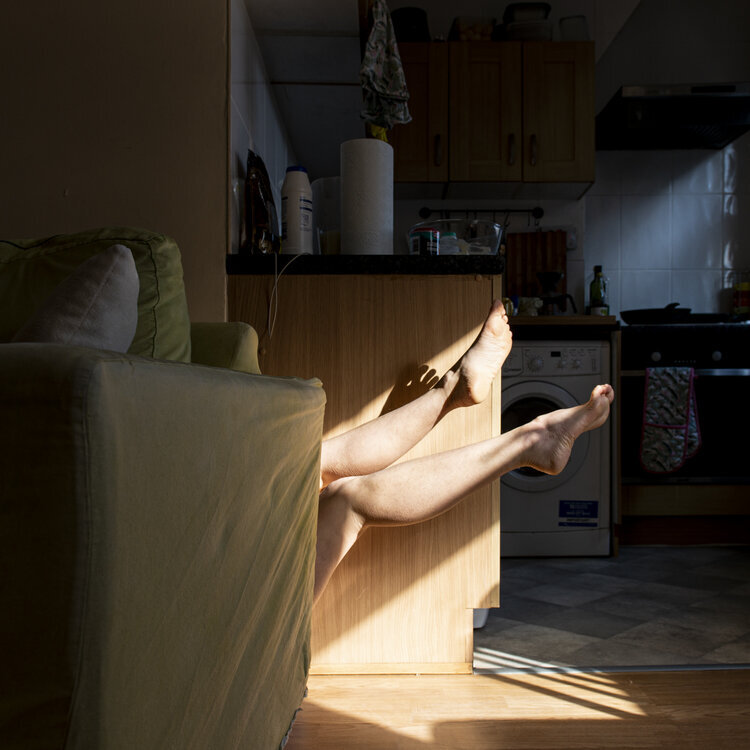‘Ba Lan: The Story of the Vietnamese Diaspora in Poland’, 2019. All images courtesy of Zula Rabikowska.
I first came across Zula Rabikowska’s work when visiting her exhibition ‘Ba Lan’ at The Baths Gallery in Hackney Wick in August 2020, during a brief period of eased lockdown over Summer, and was completely blown away. ‘Ba Lan’ means “Poland” in Vietnamese, and Zula was showing a month-long exhibition of her portraiture photography exploring the Vietnamese diaspora in Warsaw. Since then, it has been a continuous journey of realising how special her work really is.
Zula Rabikowska is a social documentary and commercial photographer. She moved to East London in 2004, and her practice uses photojournalism amongst other processes to document the lives and stories of migrants and marginalised communities internationally.
As a Polish immigrant who moved to the UK in 2001 with her mother and sister, Zula and her family discuss their experiences of immigrant life for a recent project ‘Citizens of Nowhere’. Filmed from their home in East London, they describe their relationship to national identity, the journey they have been on, and the highs and lows that can come from feelings of belonging. Themes which particularly resonated with me as my mother moved from Siegen, Germany to Leicestershire almost 30 years ago.
‘Citizens of Nowhere (Obywatele Znikad)’, 2019. Still taken from stop motion film. All images courtesy of Zula Rabikowska.
‘Citizens of Nowhere’ is an experimental stop-motion animation created from medium format and 35mm analogue portraits. Through printing and stop-motion animation, the film is constantly moving and is intended to represent the physical journeying and displacement of the migration journey. By showing her family portraits in this way, Zula wishes to show them in constant flux, like their immigrant identity within the UK. She describes how 'the Brexit referendum was the first time when I became acutely aware of my ‘otherness’ and ‘unBritishness’ as I was unable to vote.’
“[Zula] soaked [her] film rolls in English Channel salt water to mark the geographical identity of the British Isles.”
‘Untried Realities: a personal response to lockdown in the UK’, 2020. All images courtesy of Zula Rabikowska.
Despite the possible hardships of lockdown within an urban area, Zula has continued to work, and began experimenting with domestic backdrops to make playful visual narratives in the project ‘Untried Realities’. Using everyday materials she aims to transport the viewer from the privacy of her home.
In May 2020, Zula co-founded ‘Red Zenith Collective’, a platform for womxn and non-binary creatives with a link to Central and Eastern Europe, together with Marta Grabowska. Via their Instagram platform ‘@the.red.zenith.collective’, they tackle hate and competition between women, within the art world and elsewhere by promoting mental health awareness and collaborative learning amongst creatives.
I spoke to Zula for this article, to ask her a bit about her relationship to East London, and her experience as a living, female photographer working in the area.
LS: How do you find living in East London affects your practice?
ZR: I am currently in Poland working on a large-scale documentary project related to contemporary female identity, but when I was in London, I was based across many different East London boroughs. I moved to London in 2004 when East London was very different from what it is now. It has been an incredible experience watching the transition and the influx of creatives starting to call that part of London their home. I think it's a really vibrant community, where it's possible to make connections with other creatives, network, exhibit work, and be inspired by the environment itself. Of course, this has changed drastically since the outbreak of Covid where most things have moved online. Nevertheless, I continue to now digitally sustain my relationships with many East London organisations, venues and communities. It was due to my relationship with Stour Space, who opened their new gallery in Hackney Baths in 2020, where I was able to have my solo show last year.
LS: Is there much of a community for women creatives working in the area?
ZR: Definitely, although I do think that the definition of "community" has changed. It was much easier to meet like-minded creatives locally pre-Pandemic, whereas I think right now the idea of a community has moved online. Most people are turning to Zoom calls, Instagram lives and other online events to keep connected and get inspired.
Author
Lucy Sharpe has lived and worked in Tower Hamlets for nearly 3 years. She graduated from Goldsmiths University of London Design in 2016. She is currently a Creative Project Manager at Wiedemann Lampe. Alongside this she has a studio in Deptford where she draws and recently curated ‘POST’ a digital creative community project which you can check out at postproject2020.wordpress.com. Say hello on Instagram: @lucy_h_sharpe
Sources
You can explore more of Zula’s work on her website: www.zulara.co.uk
Keep up to date with Zula on Instagram: @zula.ra
Get involved with Red Zenith Collective via their Instagram: @the.red.zenith.collective
https://www.stourgalleries.co.uk/archive




